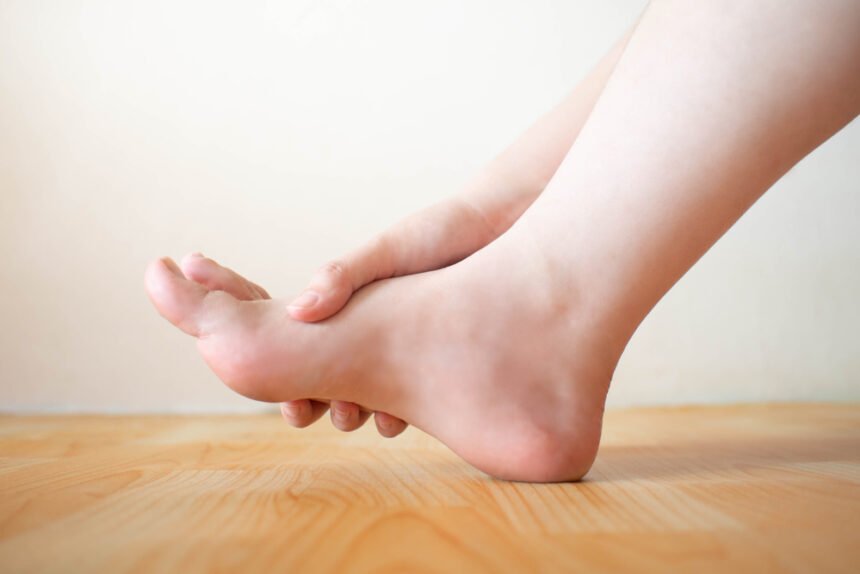The body is a complex, interconnected machine. If one thing breaks down, other systems may follow, which can explain the link between diabetes and joint pain. This article will highlight some of the ways people with diabetes could develop joint pain.
Musculoskeletal Damage
With enough time diabetes can cause musculoskeletal damage. This means there could be joint and nerve damage occurring inside the body if nothing is done to control blood sugar. The excess sugar in the bloodstream causes all sorts of havoc, making it harder for the body to use the blood efficiently. One of blood’s most important functions is to heal, but if blood sugar is high, it could end up doing the opposite. If left untreated, it could lead to joint pain and joint damage. Since your blood’s ability to heal is compromised, if you do experience joint damage your body will have a harder time healing fully.
Skin Thickening
Skin should feel moisturized, healthy, supple, and flexible. But when you have diabetes, blood flow begins to slow. Blood flow is integral to the overall health of your body, including your skin, which is your biggest organ. The longer you are unable to address this issue, the more your skin will suffer. Given enough time, skin may begin to thicken in people with diabetes. Sometimes it happens on or near joints. thickened skin isn’t flexible making pain more likely since you’ll be forcing the skin to stretch when it really can’t. Diabetes and joint pain are connected in a number of other ways, giving you yet another reason to control your blood sugar.
Diabetic Neuropathy
Another thing that should be pointed out is that diabetes can seriously damage nerves within the body. This type of damage usually happens near the extremities, like ankles or toes. Once the damage occurs, feeling breaks or sprains becomes difficult. When you undergo these injuries frequently, you may end up damaging your joints. The more this happens, the more pain you may end up feeling with over time. People with diabetes must learn how to prevent injuries, especially if they’ve already developed nerve damage. Some people have so much nerve damage that they have to wear orthotics and learn to pay attention to how they move their feet throughout the day. Speak with your doctor if you are concerned.
Tendon and Ligament Hardening
Tendons and ligaments can harden because of diabetes. People who use insulin might begin to experience bone growth, which could harden tendons and ligaments. For the most part, this issue really only affects the spine, but sometimes the neck could get hurt as well. This would feel like the neck joints are a little too stiff, causing pain. Insulin dependent diabetics need to take insulin, but there are options your doctor can recommend, like offer strong pain relievers. Sometimes, when the issue becomes extreme, surgery may be the only option. The purpose of surgery is to remove the section of bone that has grown too much. The condition is normally called Forestier disease or diffuse idiopathic skeletal hyperostosis. You can learn more about it from your doctor. If you want to know more about how diabetes and joint pain are linked, talk to a healthcare provider. It’s important to understand everything there is to know about diabetes and any additional risks.









